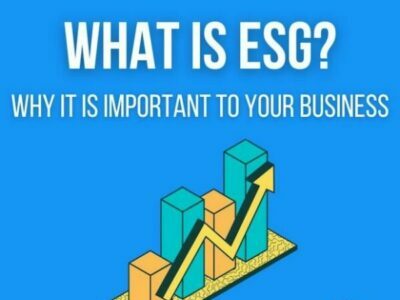
ESG criteria have become essential considerations for companies and investors alike in today’s business landscape. But what exactly is it, and why is it so important?
Understanding ESG
ESG stands for Environmental, Social, and Governance. These three pillars represent a set of standards for a company’s operations that socially conscious investors use to screen potential investments.
Environmental
The environmental component of ESG examines how a company performs as a steward of the natural environment. It includes factors such as climate change policies, energy use, waste management, pollution control, and resource conservation.
Social
The social aspect of ESG looks at how a company manages relationships with employees, suppliers, customers, and the communities where it operates. Key factors include labor practices, diversity and inclusion, human rights, community engagement, and customer satisfaction.
Governance
Governance involves the internal system of practices, controls, and procedures a company adopts to govern itself, make effective decisions, comply with the law, and meet the needs of external stakeholders. Important governance factors are board diversity and structure, executive compensation, ethical business practices, transparency and reporting, and shareholder rights.
Why It Matters
Investors and stakeholders are increasingly recognizing the value of ESG criteria. Companies that score well on these metrics tend to perform better in the long run. Here’s why:
Implementing Strategies
Implementing effective strategies involves several steps:
ESG is not just a trend but a critical framework for sustainable business success. By prioritizing environmental, social, and governance factors, companies can drive long-term value, manage risks more effectively, and enhance their reputation among investors and consumers. Understanding and implementing strategies is essential for any business looking to thrive in today’s market.
Incorporating ESG criteria into business practices is not only beneficial for the environment and society but also makes sound financial sense, driving growth and resilience in an ever-evolving landscape.
